YAMO? More like YA-NO
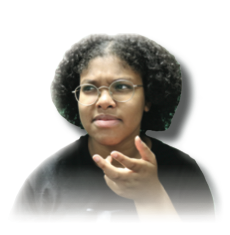
October 14, 2017
Although YAMO has reached a high level of prestige over the last 60 years, the hype surrounding the show overshadows its flaws, such as a lack of diversity in casting and tendency to outshine other clubs and events.
YAMO is an annual student run comedy production that showcases different forms of talent including acting, dancing, and di- recting, but like other theater productions, YAMO neglects to feature racial diversity. Although there are people of color included in the ensemble cast, they rarely ever play a pivotal role unless they have acted in previous shows.
This isn’t to say YAMO has no diversity whatsoever, it’s just that the diversity is achieved due to the same few actors every year. In a student run production, it makes sense that casting directors would cast their friends, but this process reflects the already present segregation in the Evanston community.
This is not necessarily true for those sections of the show involved with music or dance, but it is true for those who are fea- tured most prominently on stage. Although this problem is apparent in most productions sponsored by the theatre department, it extends to YAMO as well.
Simply casting a few people of color here and there is not enough. ETHS is a place that prides itself on inclusion, yet its most notable theater production hasn’t made a strong enough effort to show these morals.
Diversity is not the only issue that the show has. The tendency to cast those who have participated in theatre productions before makes it difficult for those who are new to theater to have any part at all. It is difficult to compete against a student who has been acting since 2nd grade when you’ve only done one middle school play. Although it is safer to cast students who are already heavily involved with theater, this prevents others from getting a chance.
These habits not only exclude those who do not have connections within the theater community, but they can also silence people who participate in other activities because they feel it is not as important as the acclaimed comedy production.
Auditions happen in May, so when school starts in August, they are already being talked about. This makes it virtually impossible for students to promote other fine arts activities because they cannot shout over the noise that YAMO makes. Although students put a lot of effort into the show every year, there are many other clubs that put in a great deal of work and don’t get half the recognition. Groups like PomKits and Choral are doing great things, but we rarely hear about them because YAMO receives the spotlight.
YAMO has continued for 60 years because it is a great production, but it’s time that issues surrounding it are finally ac- knowledged. A lack of diversity in casting and a tendency to overshadow other clubs does not take away from the hard work that students put into the show every year, but the show will see no improvement for the next 60 years if these issues are not resolved.



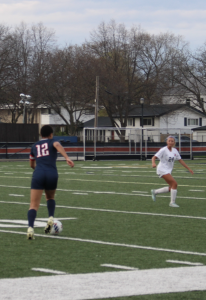

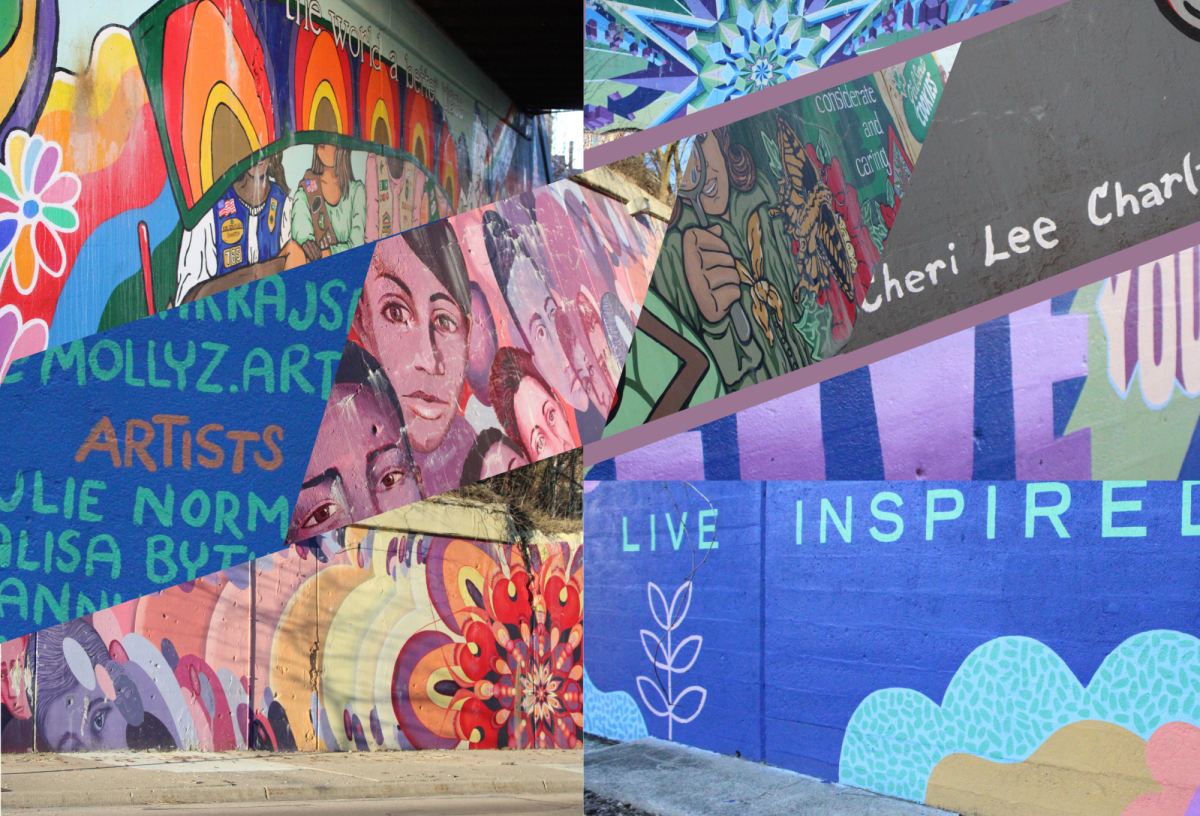


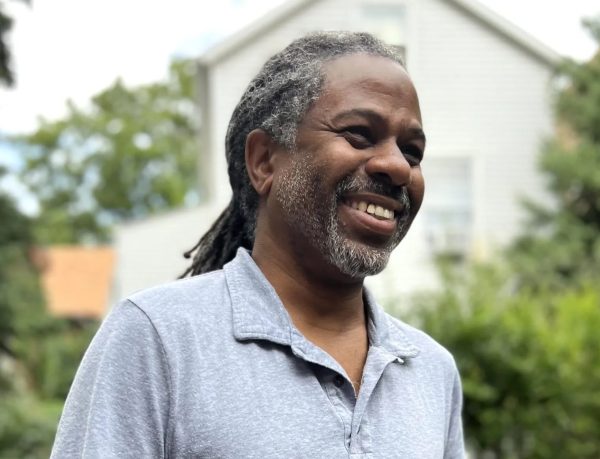
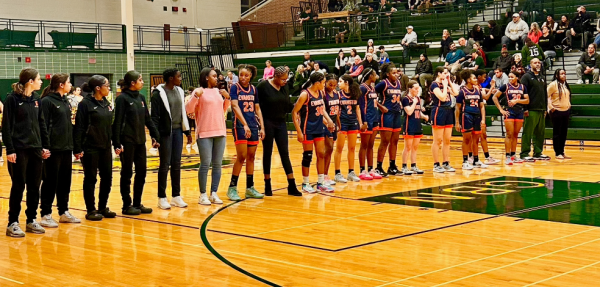
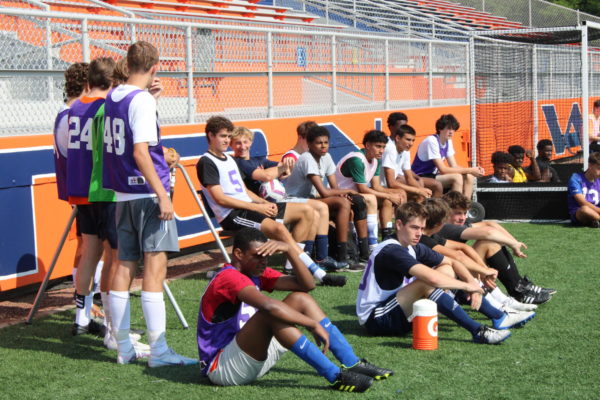
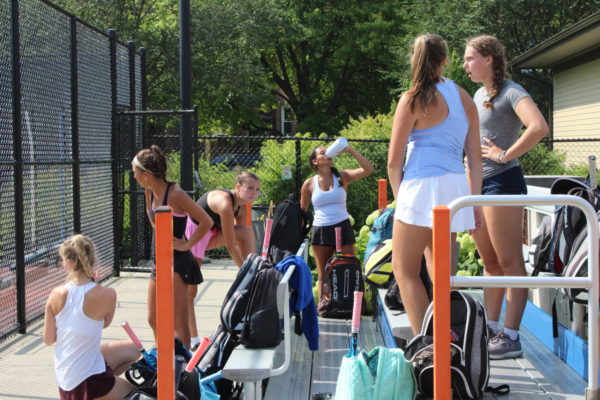
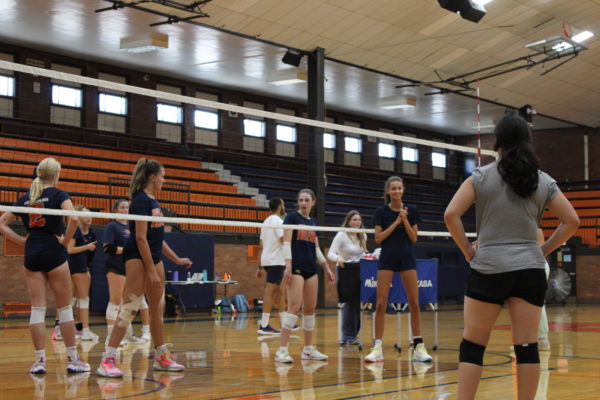

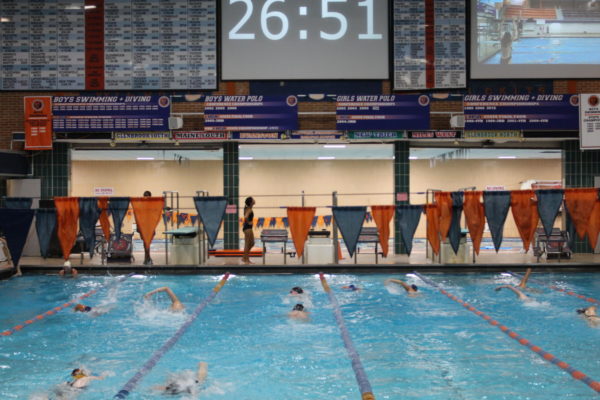
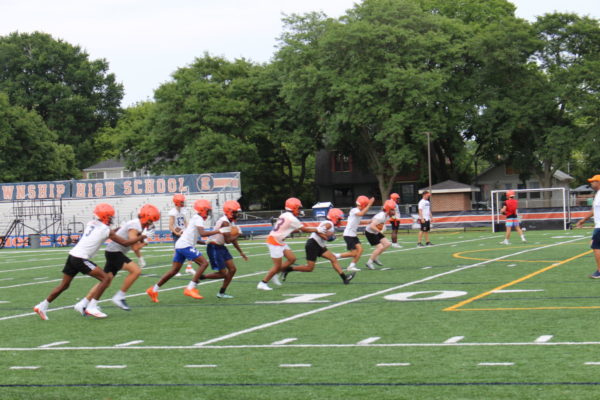
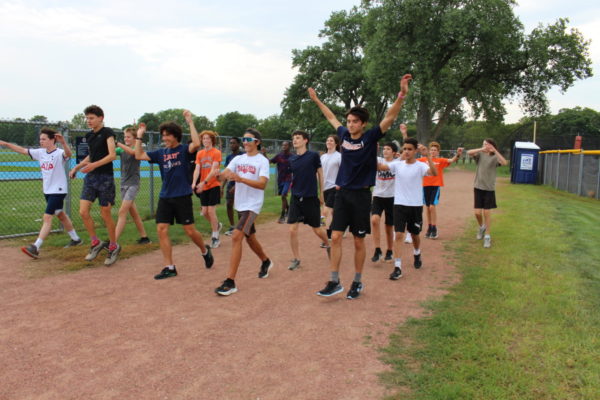
Disagree • Oct 25, 2017 at 11:30 am
This whole lack of diversity thing is true but it’s not intentional. Yamo has over 200 people audition for it and only 30 people get in. they cant just select people of color just so they can be more diverse. The board of yamo also is very diverse. You dont see them in the play but they are the masterminds who write the show, do the casting and the crew. Your probably just a student who auditions and didn’t get in and now you’re attacking the play just cause you’re salty. I’m on the crew and we all worked our butts off to get that production up and running and for you to trash it like this is a problem.